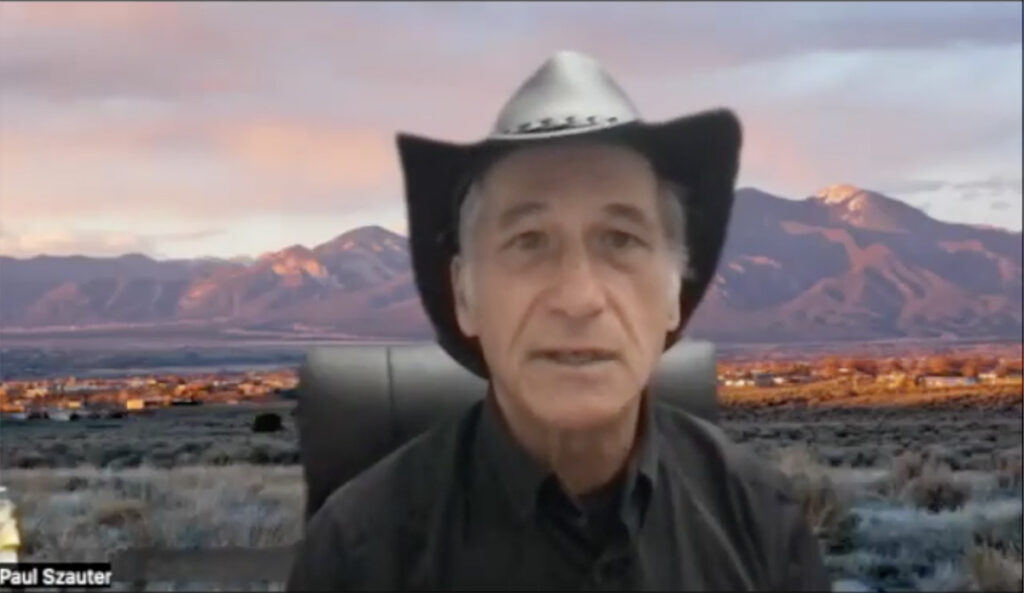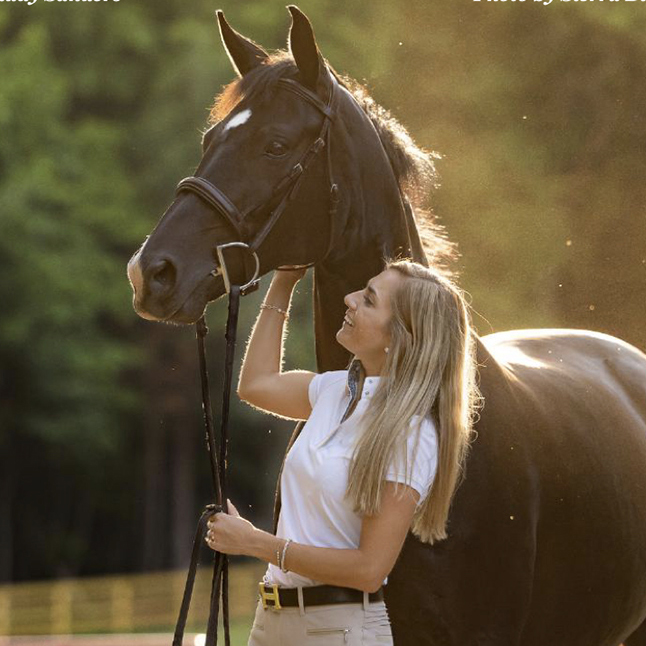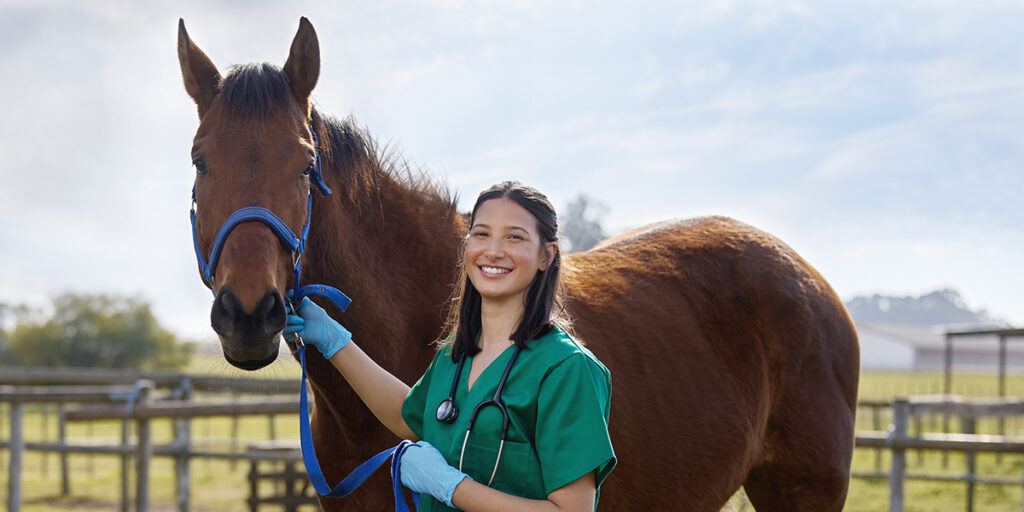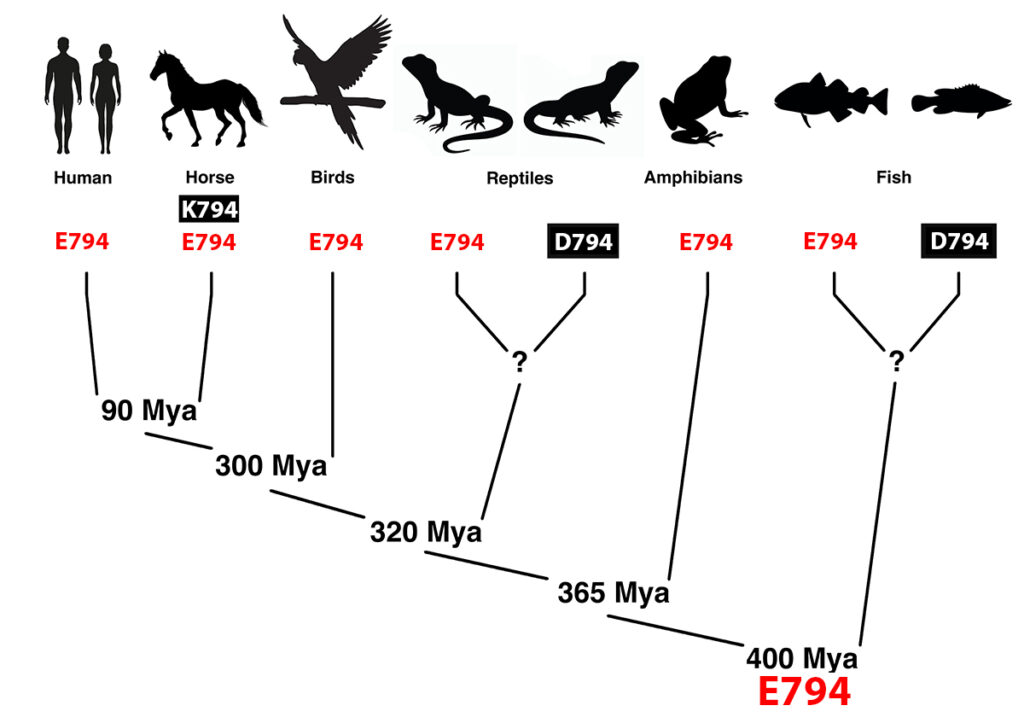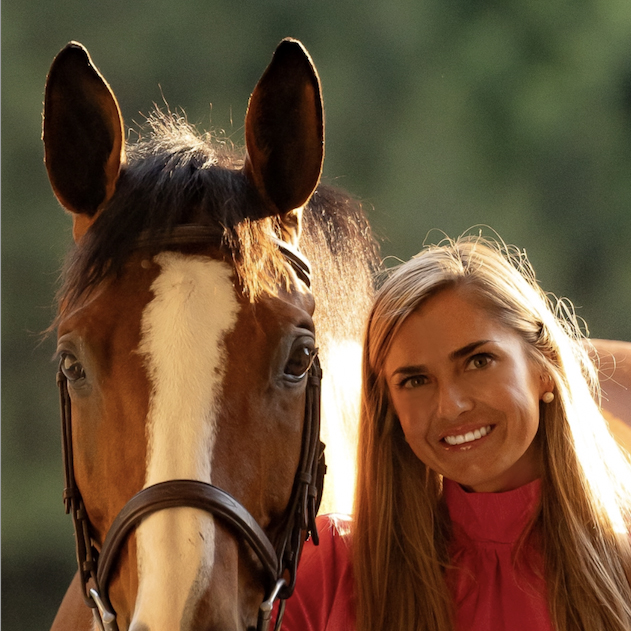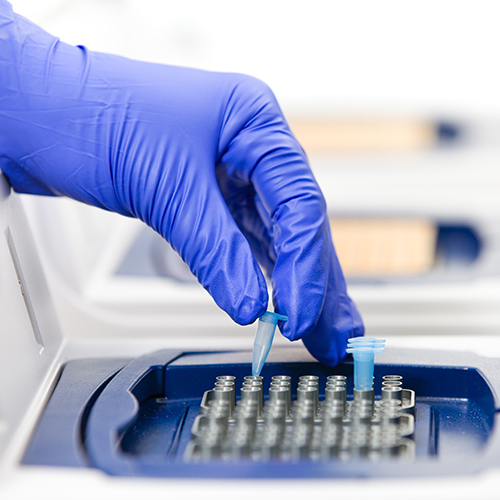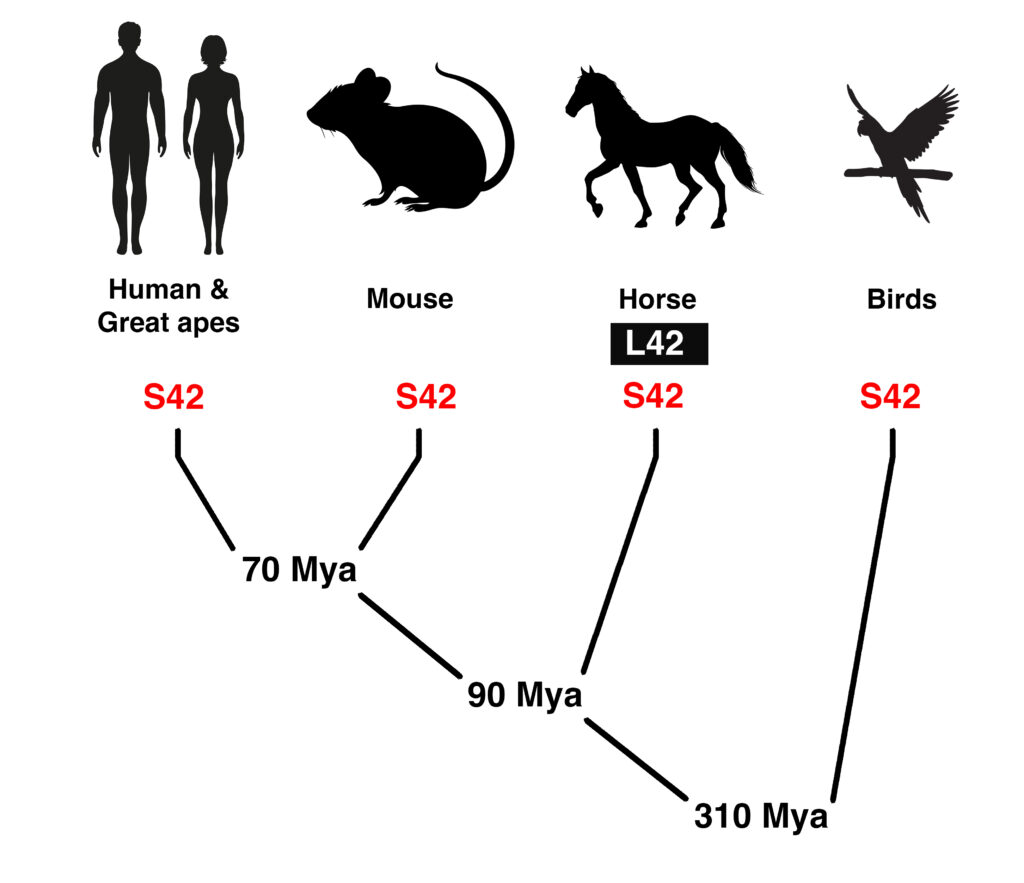Posts by Paul Szauter, PhD, Chief Scientific Officer, EquiSeq
EquiSeq Holds First Webinar
ALBUQUERQUE, NEW MEXICO – November 13, 2025 EquiSeq held its first Decoding Horse Health webinar on Zoom on November 11, 2025. Madison Sanders (Elite Equine Marketplace and EquiSeq) interviewed Paul Szauter, PhD (EquiSeq’s Chief Scientific Officer) and Stephanie Carter, FNTP (Indigo Ancestral Health). The webinar focused on inherited muscle disease in horses. Dr. Szauter discussed…
Read MoreEquiSeq’s DNA Test Changes the Landscape
ALBUQUERQUE, NEW MEXICO – October 14, 2025 The October 2025 issue of Equine Business Magazine published an article on EquiSeq, describing its DNA test as changing the landscape in managing horse health. Madison Ruddy Sanders, founder of Elete Equine Marketplace and a member of EquiSeq’s Board of Directors, wrote the article, based on conversations with…
Read MoreEquiSeq Announces Issuance of U.S. Patent to Detect Genetic Variants Causing Muscle Disease in Horses
ALBUQUERQUE, New Mexico – September 2, 2025 – EquiSeq Inc, a biotechnology company developing DNA tests for inherited muscle disease in horses, announced today that the United States Patent and Trademark Office has issued U.S. Patent Number 12,398,426, “Methods of Detecting Inherited Myopathies in Horses.” The patent includes claims covering specific genetic mutations that predispose to muscle…
Read MoreK1 Allele of COL6A3
Introduction This blog post explores the K1 allele of the equine COL6A3 gene, which encodes Collagen type VI alpha 3 chain. Portions of this blog post serve as additional sources of information to supplement the COL6A3 Gene Page. The K1 allele of COL6A3 carries a missense mutation, shown below. The protein model XP_014595871.3 was used to…
Read MoreP3 allele of FLNC
Introduction This blog post explores the P3 allele of the equine FLNC gene, which encodes filamin-C. Portions of this blog post serve as additional sources of information to supplement the FLNC Gene Page. The P3 allele of FLNC carries two missense mutations, shown below. The protein model XP_023495410.1 was used to assign amino acid positions. Figure…
Read MoreExperienced Equestrian Joins EquiSeq Board
Albuquerque, New Mexico, USA June 20, 2025 EquiSeq, a leader in developing genetic tests for horses, is pleased to announce the appointment of Madison R. Sanders to its Board of Directors, effective immediately. Ms. Sanders is an experienced equestrian with a proven track record in sales and marketing. She is a lifelong hunter/jumper equestrian and…
Read MoreScience Team Meets to Discuss Projects
Four members of EquiSeq’s Scientific Advisory Board. Left to right: David Nannemann, Paul Szauter, Jesse Young, and Jeremy Edwards. Four members of EquiSeq’s Scientific Advisory Board met on June 2 to get acquainted and to discuss ongoing research projects. Science team members Jeremy Edwards (University of New Mexico), Jesse Young (TriCore Reference Laboratories), David Nannemann…
Read MoreP4 Allele of MYOZ3
Introduction This blog post explores the P4 allele (S42L) of the equine MYOZ3 gene, which encodes myozenin 3. Portions of this blog post serve as additional sources of information to supplement the MYOZ3 Gene Page. We present data to support the hypothesis that the P4 allele of MYOZ3 (S42L) is damaging. The substitution of leucine…
Read MoreP2 Allele of MYOT
Introduction This blog post explores the P2 allele (S232P) of the equine MYOT gene, which encodes myotilin. Portions of this blog post serve as additional sources of information to supplement the MYOT Gene Page. We present data to support the hypothesis that the P2 allele of MYOT (S232P) is damaging. The substitution of proline (heterocyclic)…
Read MoreTwenty European countries issue patent on EquiSeq DNA tests
ALBUQUERQUE, NEW MEXICO EquiSeq announced today that a group of twenty countries in Europe have issued a patent on EquiSeq’s DNA test for three genetic variants that predispose to muscle disease. The tests are part of EquiSeq’s current DNA panel. Test results allow horse owners to better manage affected horses, and can be used to…
Read More